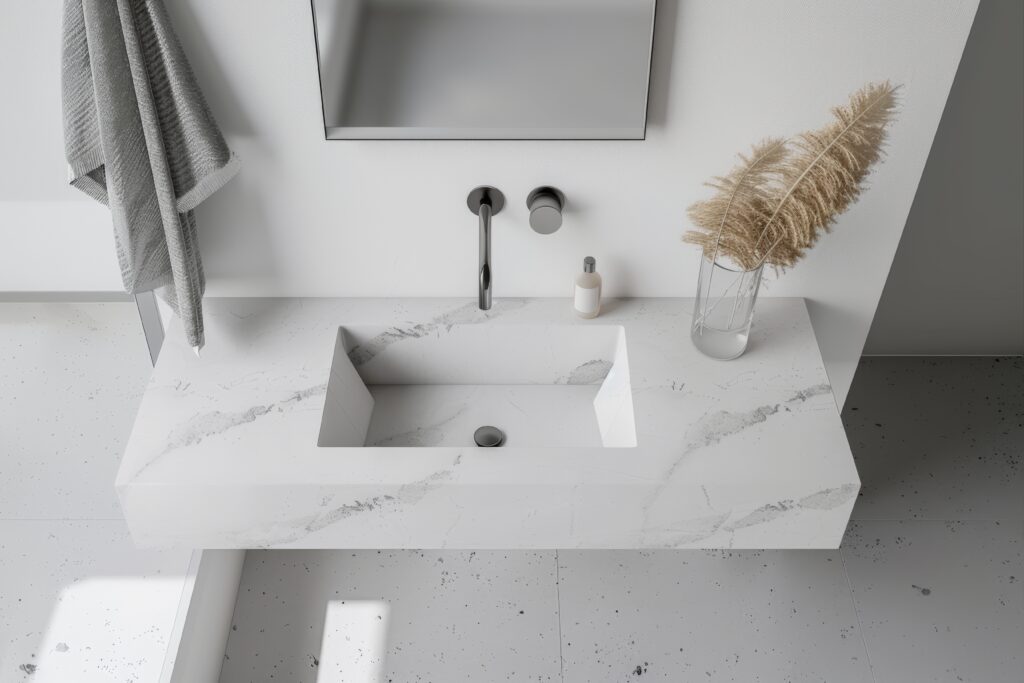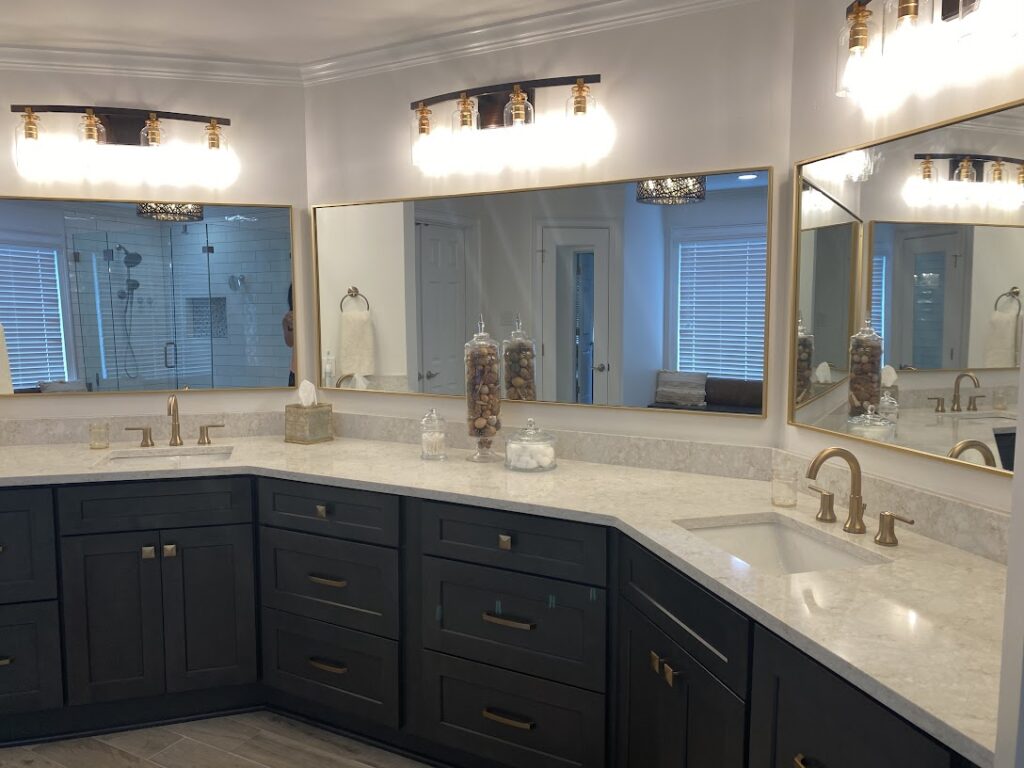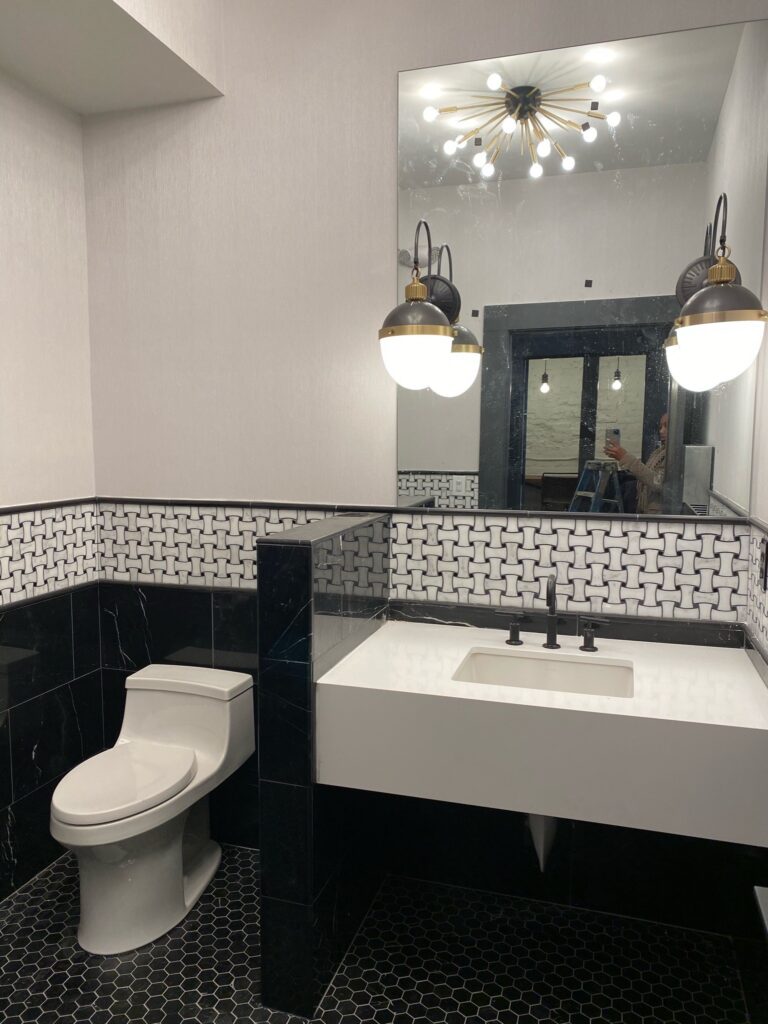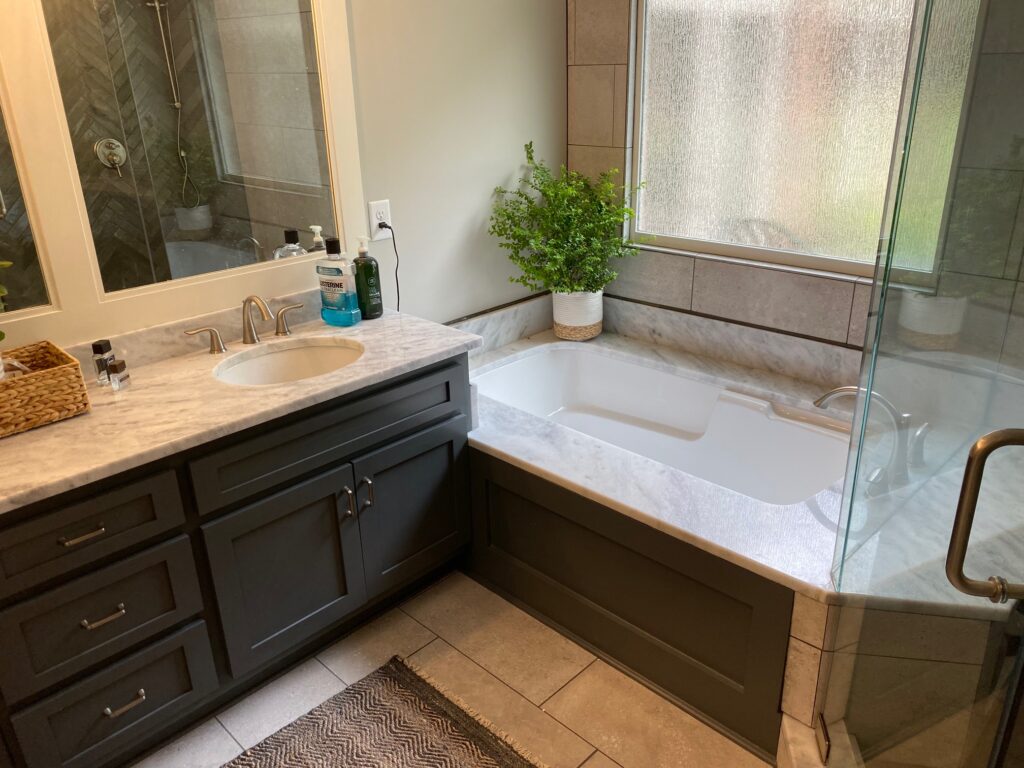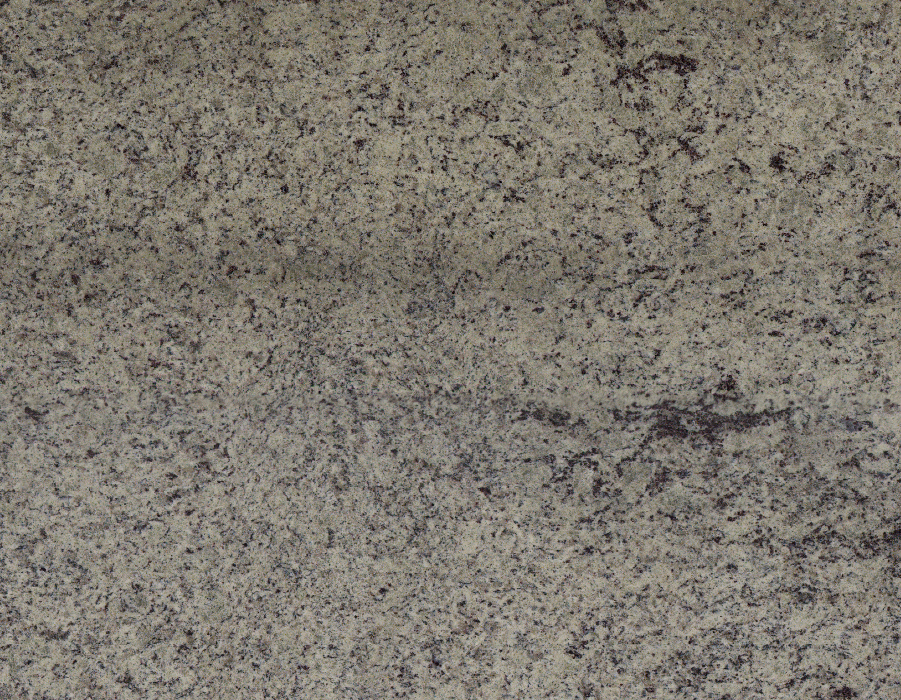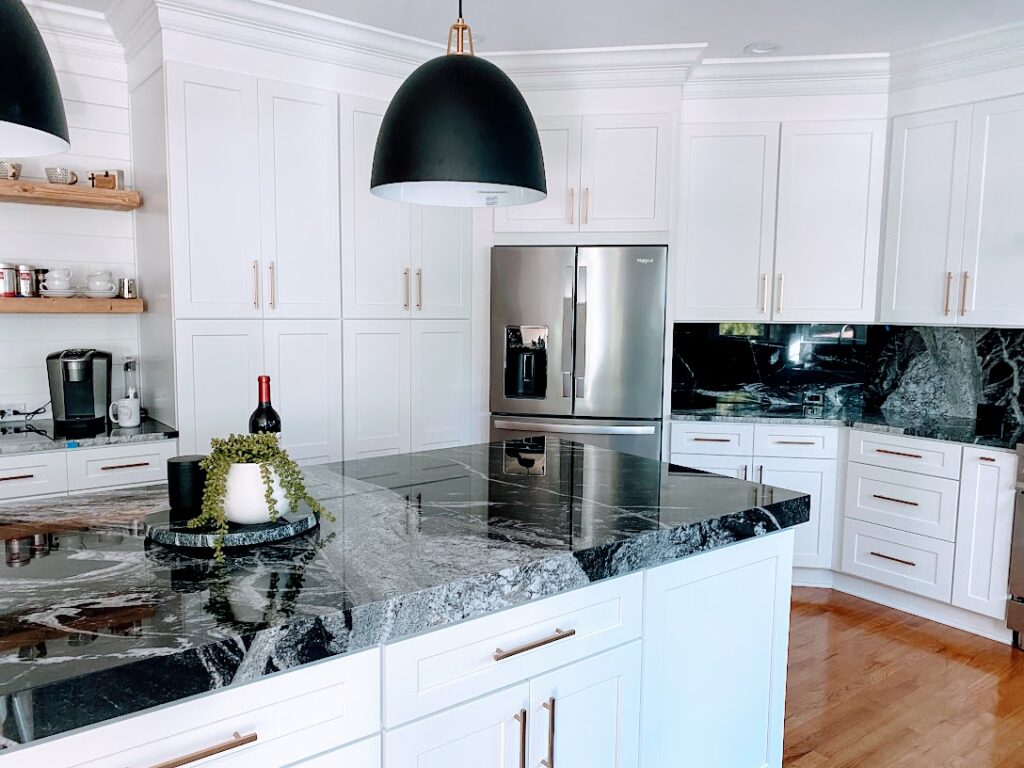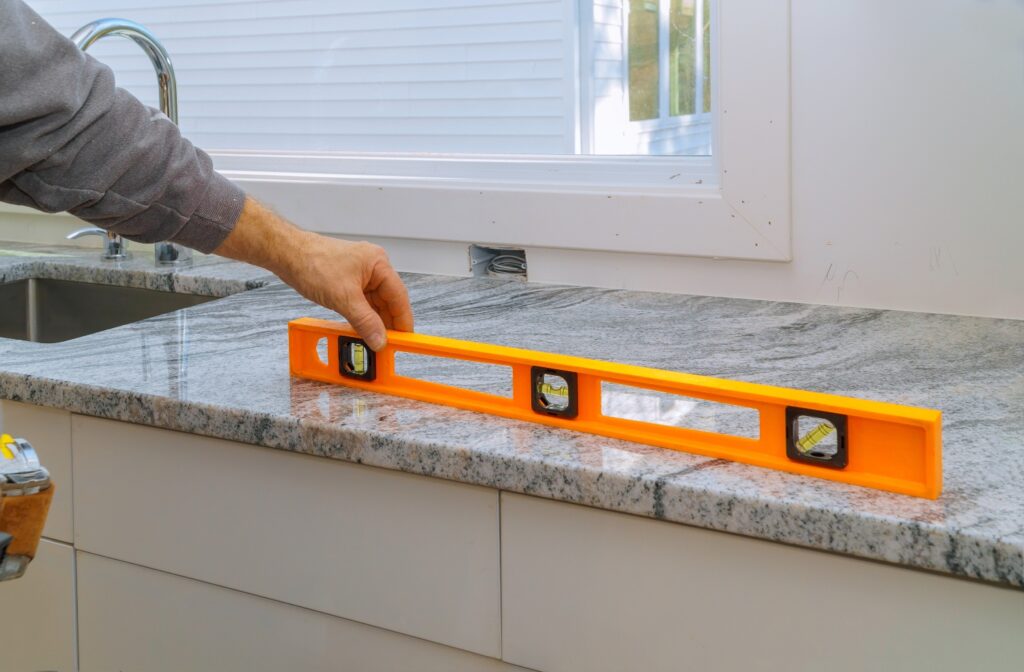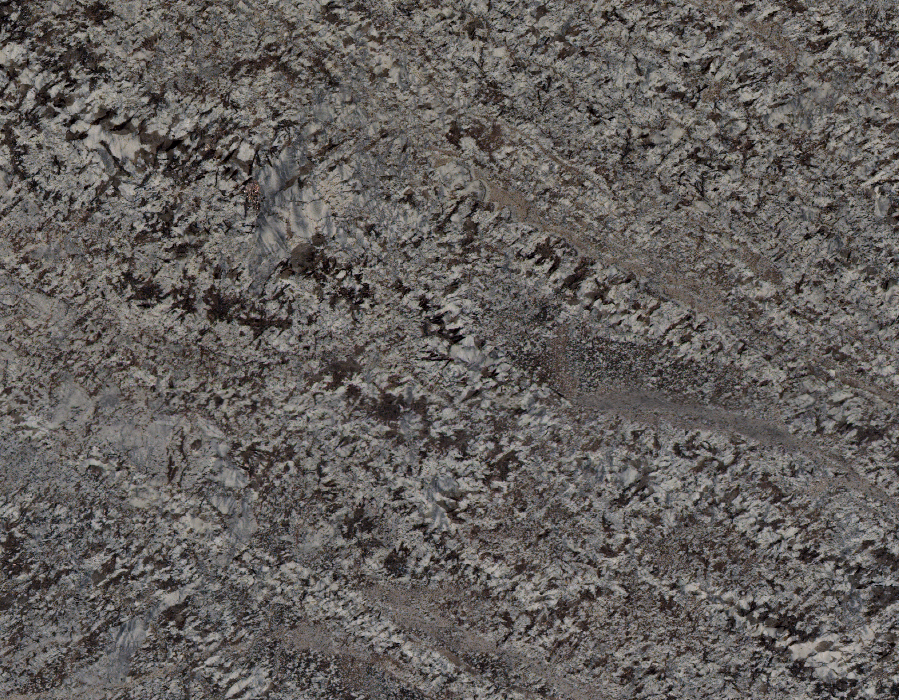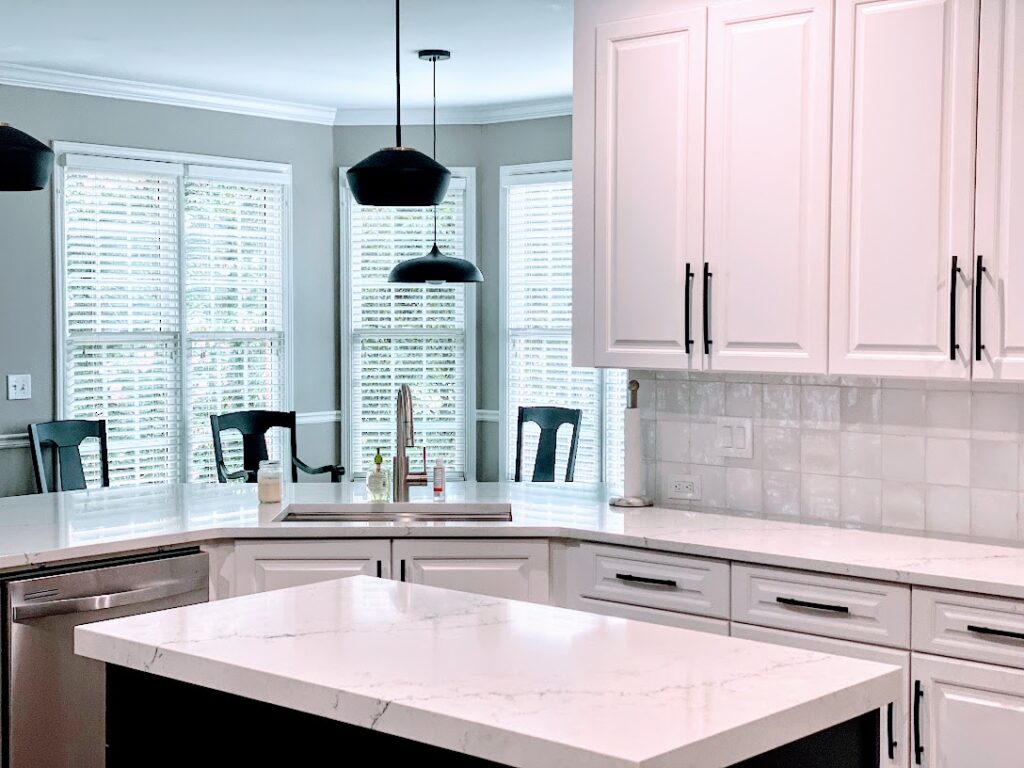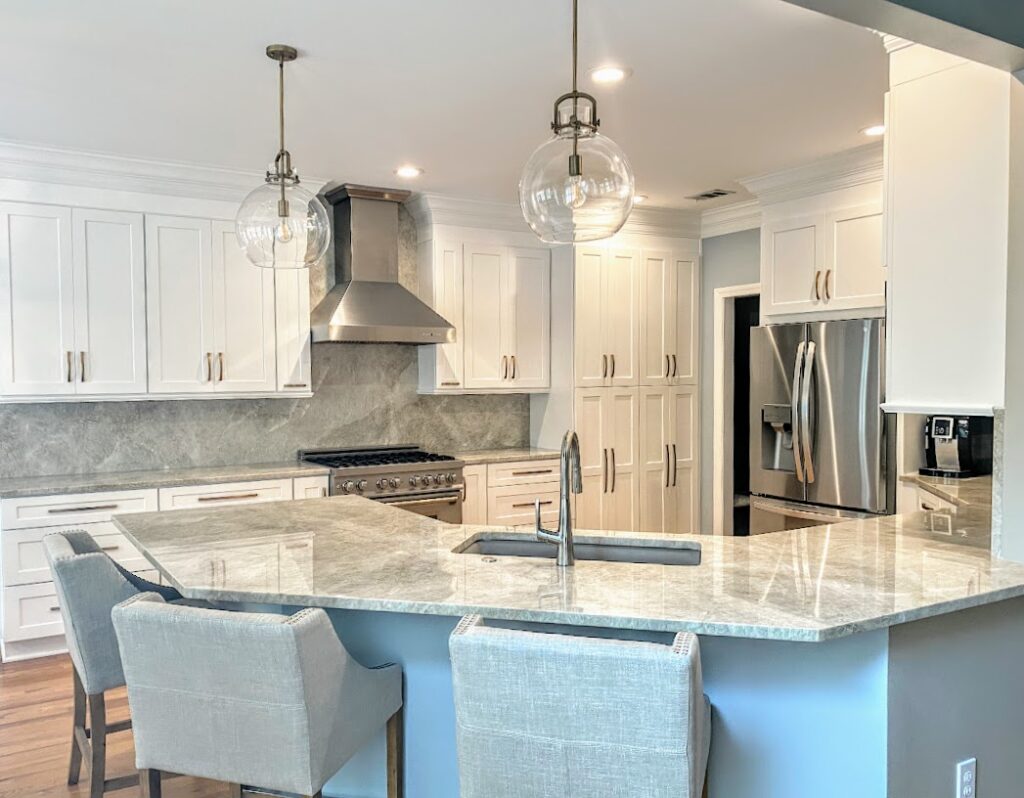Cost Insights and Budgeting for Quartz Surfaces
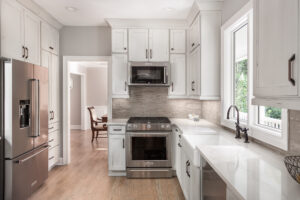
Engineered stone surfaces, particularly quartz, have emerged as a top choice for homeowners aiming to enhance their kitchens and bathrooms. These materials are celebrated for their durability, aesthetic appeal, and minimal maintenance requirements. However, understanding the financial implications and planning for installation is crucial for making an informed decision.
Factors Influencing Pricing
- Raw material and manufacturing processes The cost of quartz largely depends on the quality of the quartz used and the complexity of the manufacturing process. Some quartz surfaces are made using higher-grade quartz crystals, resulting in a more luxurious and durable product.
- Brand and product quality differences Brands like Caesarstone, Cambria, and Silestone offer premium quartz surfaces that can come with a higher price tag. Lesser-known brands may offer more affordable options, but quality and warranties can vary.
- Thickness of the quartz slab Quartz slabs typically come in thicknesses of 1.2 cm, 2 cm, and 3 cm. Thicker slabs tend to be more expensive, not only due to the additional material but also because of the increased labor required for handling and installation.
- Design and pattern complexity (e.g., veining, color) Quartz surfaces come in various designs, from solid colors to intricate veining patterns that resemble marble. Surfaces with complex patterns or custom designs are usually more expensive due to the specialized manufacturing process required.
Comparative Analysis with Other Countertop Materials
When evaluating engineered stone surfaces, it’s beneficial to compare them with alternative materials:
- Quartz vs. granite: Which is more affordable? Quartz is typically more expensive than granite, with granite prices ranging from $40 to $100 per square foot. However, quartz offers greater consistency in appearance and lower maintenance, making it a better long-term investment for many homeowners.
- Quartz vs. marble: Luxury and affordability comparison Marble countertops are often seen as a luxury material, with prices comparable to high-end quartz, ranging from $100 to $200 per square foot. However, marble is more porous and prone to staining, making quartz a more practical and cost-effective option.
- Quartz vs. laminate and other budget materials Laminate countertops are one of the most affordable options, costing between $20 and $50 per square foot. While quartz is significantly more expensive, its durability, appearance, and longevity make it a better investment over time.
Budgeting for Quartz Surfaces: Tips and Strategies
- Setting a realistic budget for quartz countertops When budgeting for quartz, consider the size of the space, the complexity of the design, and additional costs such as installation, edging, and transportation.
- How to choose the right quartz for your budget To maximize your budget, opt for simpler designs and lighter veining. Mid-range quartz options often offer a good balance between aesthetics and cost. Don’t overlook reputable but lesser-known brands that can provide affordable, high-quality quartz.
- Saving money on quartz without sacrificing quality Shop around and look for sales, discounts, or clearance slabs from distributors. Consider using quartz remnants for smaller projects like bathroom vanities, which can significantly reduce costs.
Key Considerations Before Purchase
Before making a decision, consider the following points:
- Style and Design: Choose a color and pattern that complements your kitchen or bathroom decor.
- Thickness: Quartz surfaces typically come in various thicknesses (1 cm, 2 cm, and 3 cm). Thicker slabs may offer a more luxurious appearance but can also be more expensive.
- Brand Reputation: Research brands and read reviews to ensure you select a reputable manufacturer.
- Warranty: Check the warranty offered by the manufacturer, as this can provide peace of mind regarding durability and quality.
Hidden Costs of Quartz Surfaces
Edging and finishing costs Standard edging is usually included in the installation, but custom edges like ogee or waterfall edges can add $10 to $30 per linear foot. Consider the style you want and factor in these additional costs.
Transport and delivery fees Quartz slabs are heavy and may require special transport. Delivery fees typically range from $100 to $300 depending on distance and logistics.
Warranty and post-installation costs Most quartz surfaces come with a manufacturer’s warranty, but you may incur additional costs for extended warranties or post-installation repairs, especially if the countertop suffers damage during use.
Conclusion
In conclusion, quartz surfaces offer a blend of beauty, durability, and low maintenance, making them an excellent choice for modern kitchens and bathrooms. By understanding the costs, weighing the pros and cons, and considering key factors before purchasing, you can make an informed decision that enhances your home’s value and aesthetic appeal. Whether you prioritize style, functionality, or longevity, engineered stone surfaces can meet your needs and exceed your expectations.
FAQs About Quartz Surface Costs
Are high-end quartz surfaces worth the investment? High-end quartz surfaces offer premium designs and longer warranties, making them a worthwhile investment for homeowners seeking a luxurious and durable countertop.
Does the color or pattern affect the price of quartz? Yes, more intricate veining and rare color patterns often increase the price of quartz slabs. Custom designs and unique finishes can also raise the cost.
Can I install quartz surfaces myself to save on labor costs? While it is possible, quartz is heavy and difficult to handle. Professional installation is recommended to avoid costly mistakes and ensure the countertops are installed correctly.
Are there affordable quartz options for smaller projects? Yes, quartz remnants from larger projects can be a more affordable option for smaller spaces like bathroom vanities or kitchen islands.

Val Carvalho is a manager at Atlanta Stone Creations, with nearly two decades of experience in the stone and design industry. In addition to her leadership role, Val plays a key part in sales and design, bringing creativity, precision, and a strong sense of style to every project. Known for her warm and collaborative approach, she builds strong relationships with both her team and her clients. Val is passionate about delivering beautiful, high-quality results and creating an exceptional experience from start to finish.

